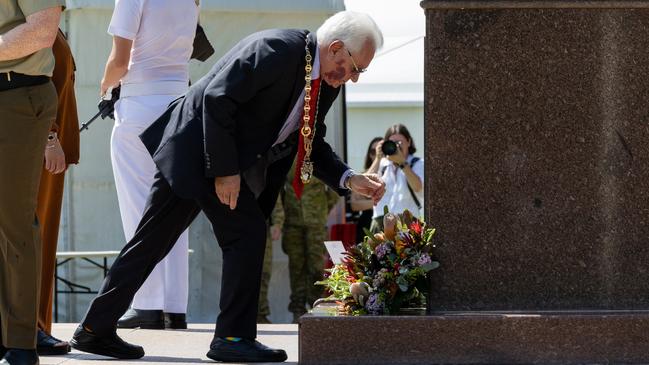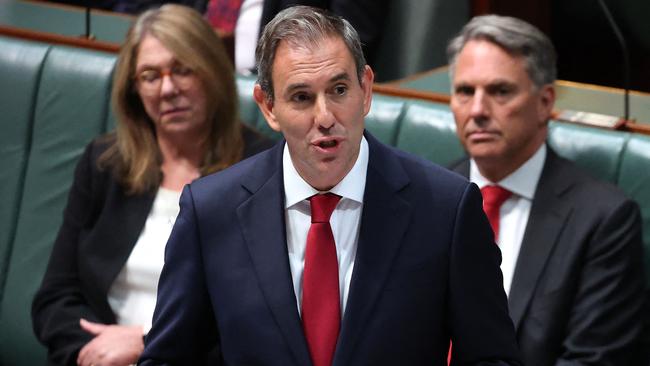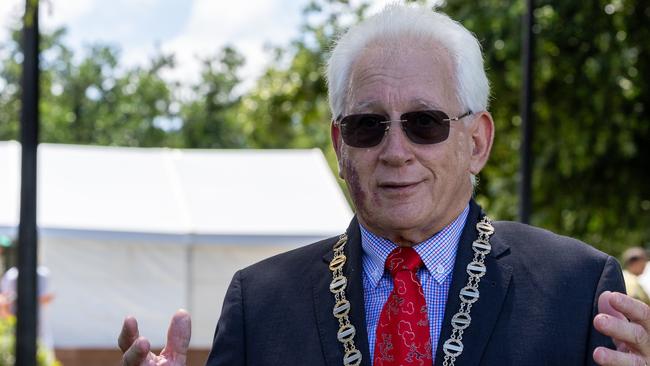Local Government Association head Kon Vatskalis says NT was ‘let down’ in 2025-26 budget
The President of the Local Government Association of the Northern Territory (LGANT) says councils were “let down” in the federal government’s pre-election budget. Find out why.

News
Don't miss out on the headlines from News. Followed categories will be added to My News.
The president of the Local Government Association of the Northern Territory (LGANT) says councils were “let down” in the federal government’s pre-election budget.
It comes after LGANT, in partnership with the Australian Local Government Association (ALGA), met with representatives from both major parties in the lead up to the budget to discuss new ways of funding for councils.
As was revealed in the federal government’s 2025-26 budget last week, no such reforms are on the way for local government.

It comes despite a recent parliamentary inquiry into local government sustainability, which found nationally many councils are at breaking point.
The interim report of the inquiry, released on February 14, made no formal policy recommendations to the government but highlighted the emerging themes.
The chair of this committee was Member for Solomon, Luke Gosling OAM, who, at the time of the release, publicly acknowledged the challenges faced by local government.

While LGANT President Kon Vatskalis “welcomed” the additional funding to the already existing programs, he said the budget did not properly address the current challenges faced.
“LGANT welcomes the additional funding announced in the 2025-26 federal budget to existing programs, such as Roads to Recovery and Safer Local Roads and Infrastructure, and the indexing of the Financial Assistance Grants,” he said.
“Unfortunately, though, no new local government programs were announced.
“The local government sector in the NT has been let down.”

Mr Vatskalis said the ALGA’s five key funding priorities were:
- $1.1 billion per year for enabling infrastructure to unlock housing supply,
- $500 million per year for community infrastructure,
- $600 million per year for safer local roads,
- $900 million per year for increased local government emergency management capability and capacity, and
- $400 million per year for climate adaptation.
These programs would be distributed across all 537 councils across Australia, on a long-term, formula basis, similar to current programs.
“This funding would provide a much-needed boost to the sustainability of the sector, and importantly, ensure every community benefits,” Mr Vatskalis said.




